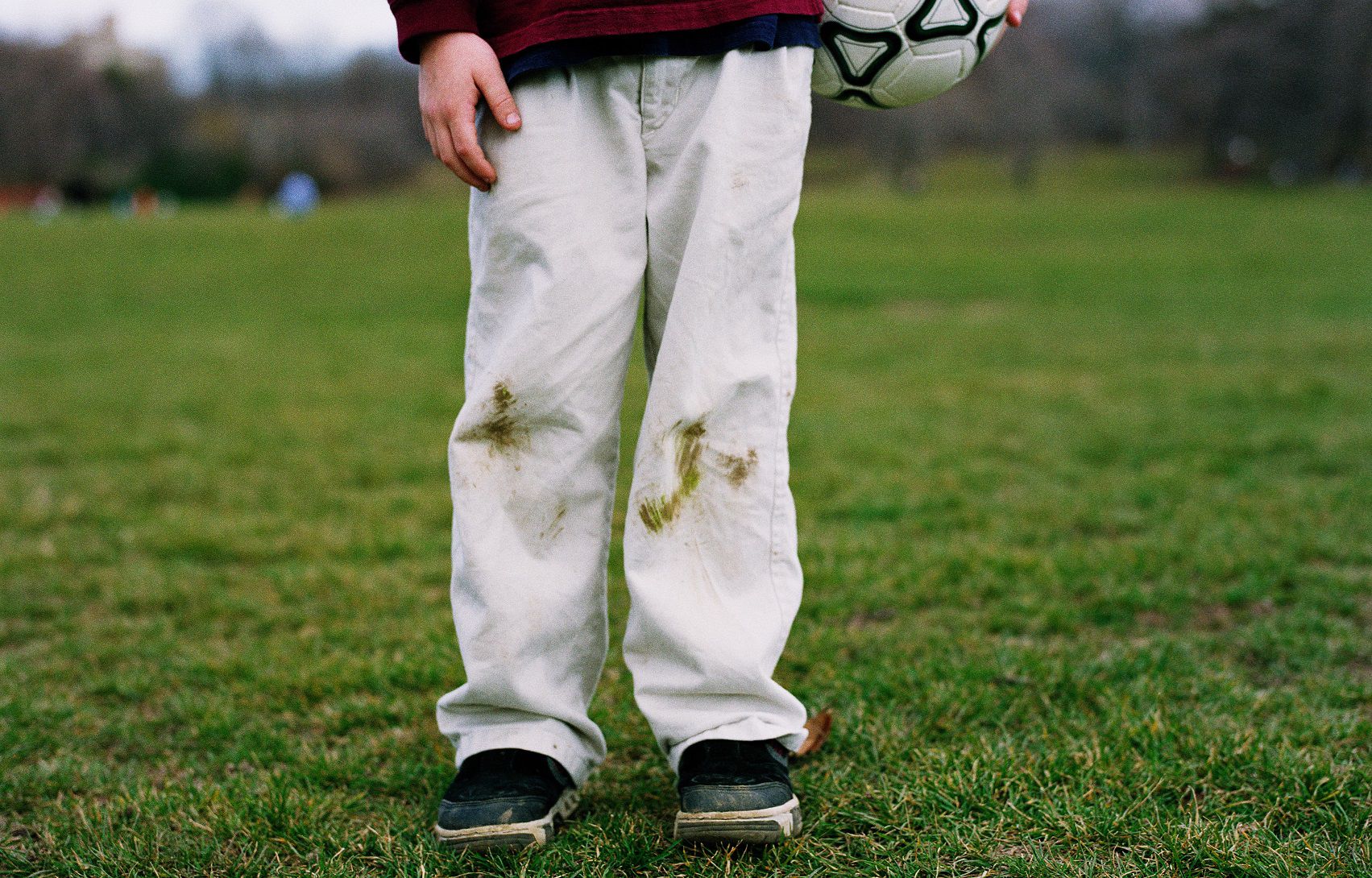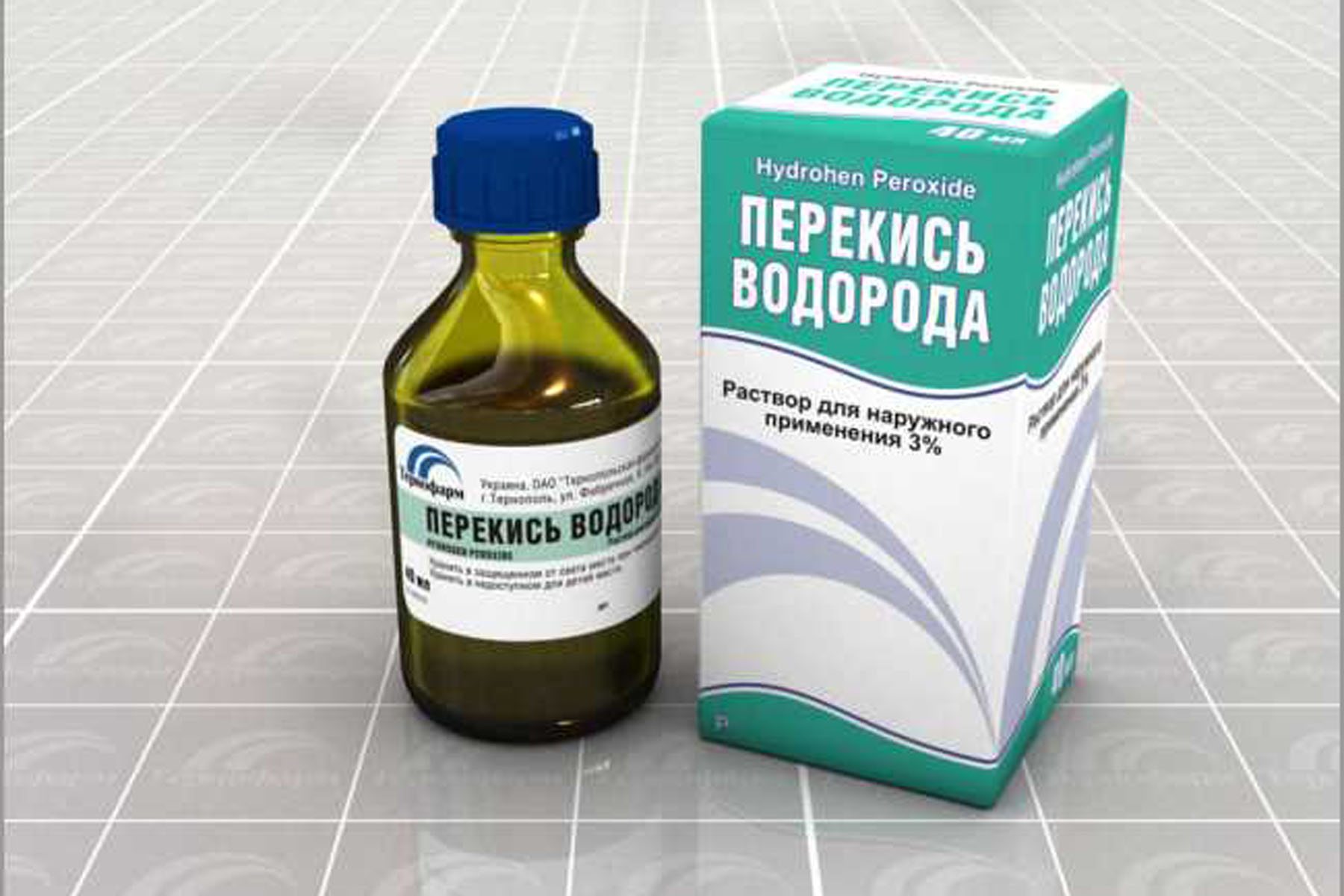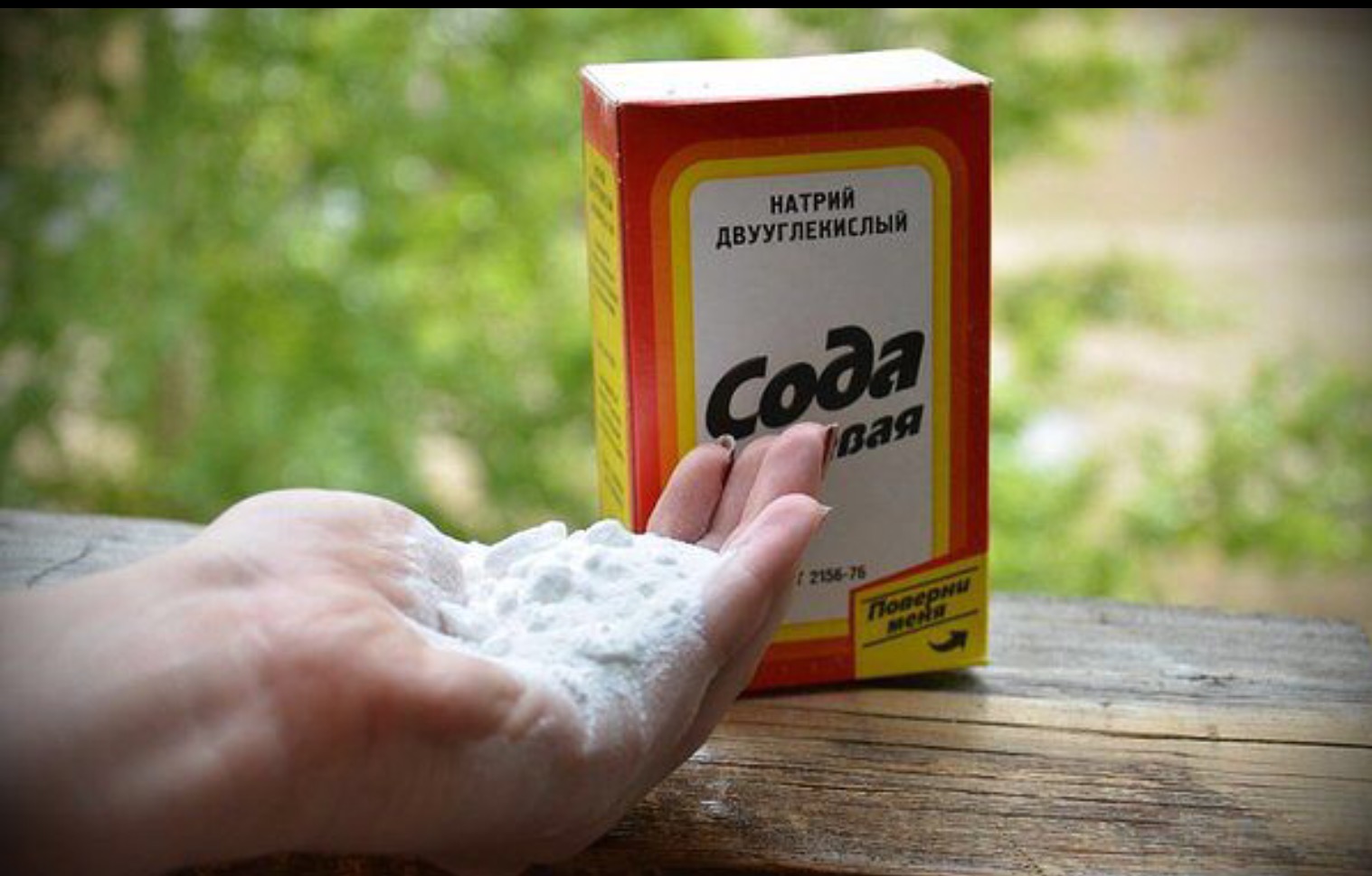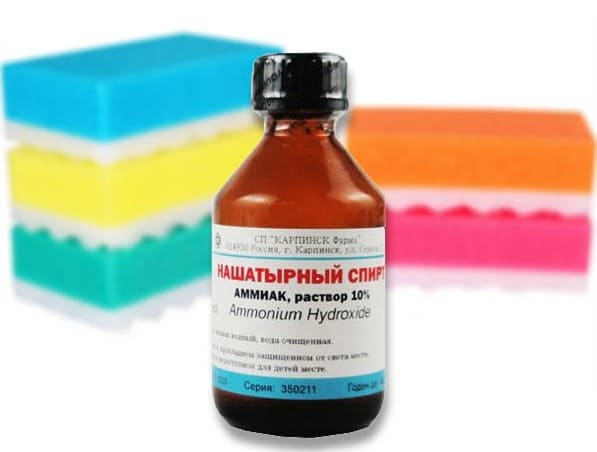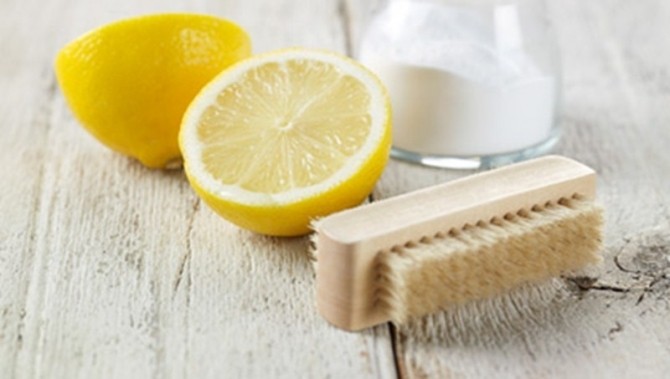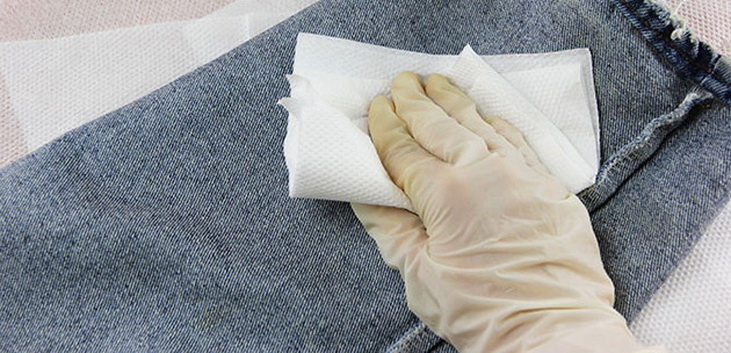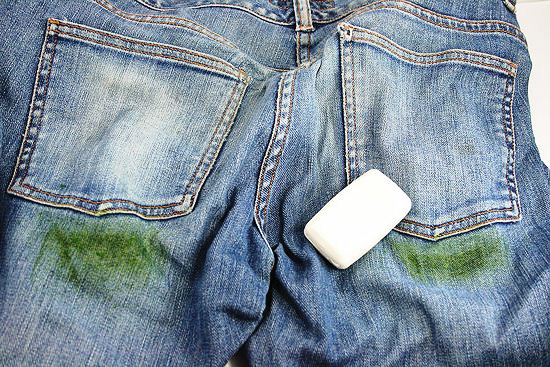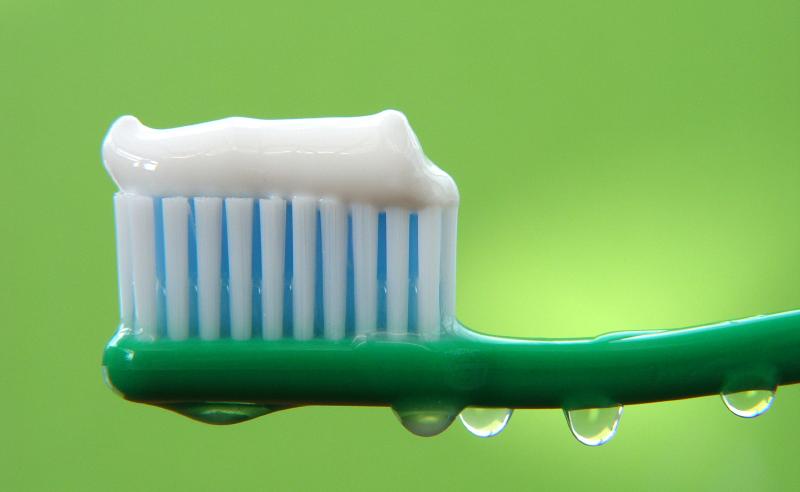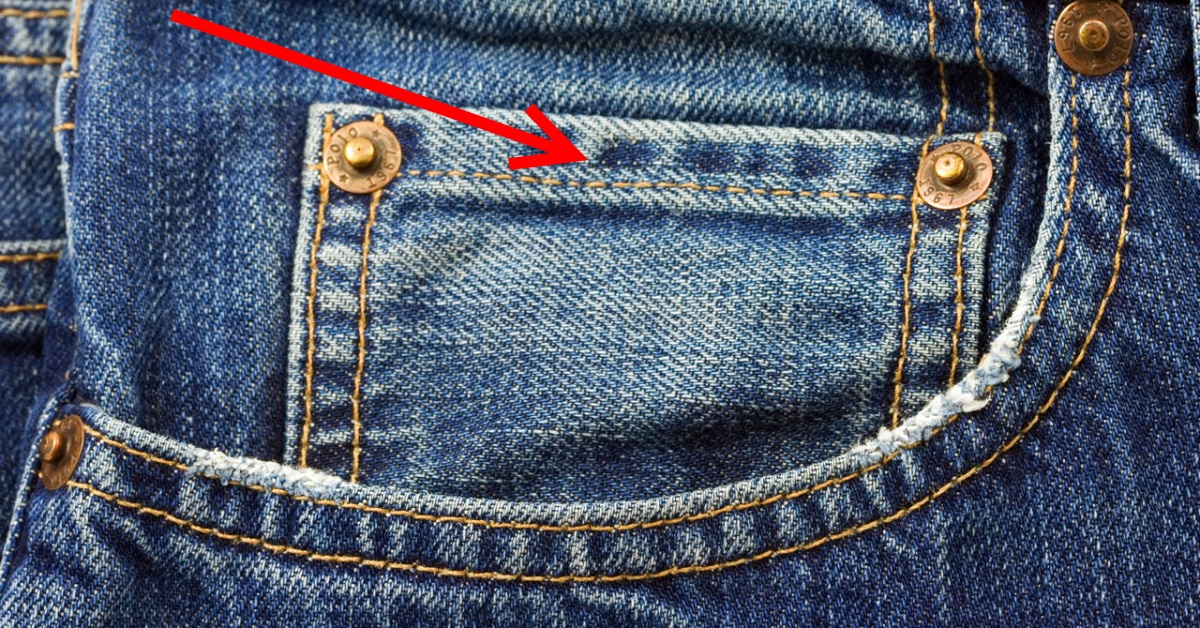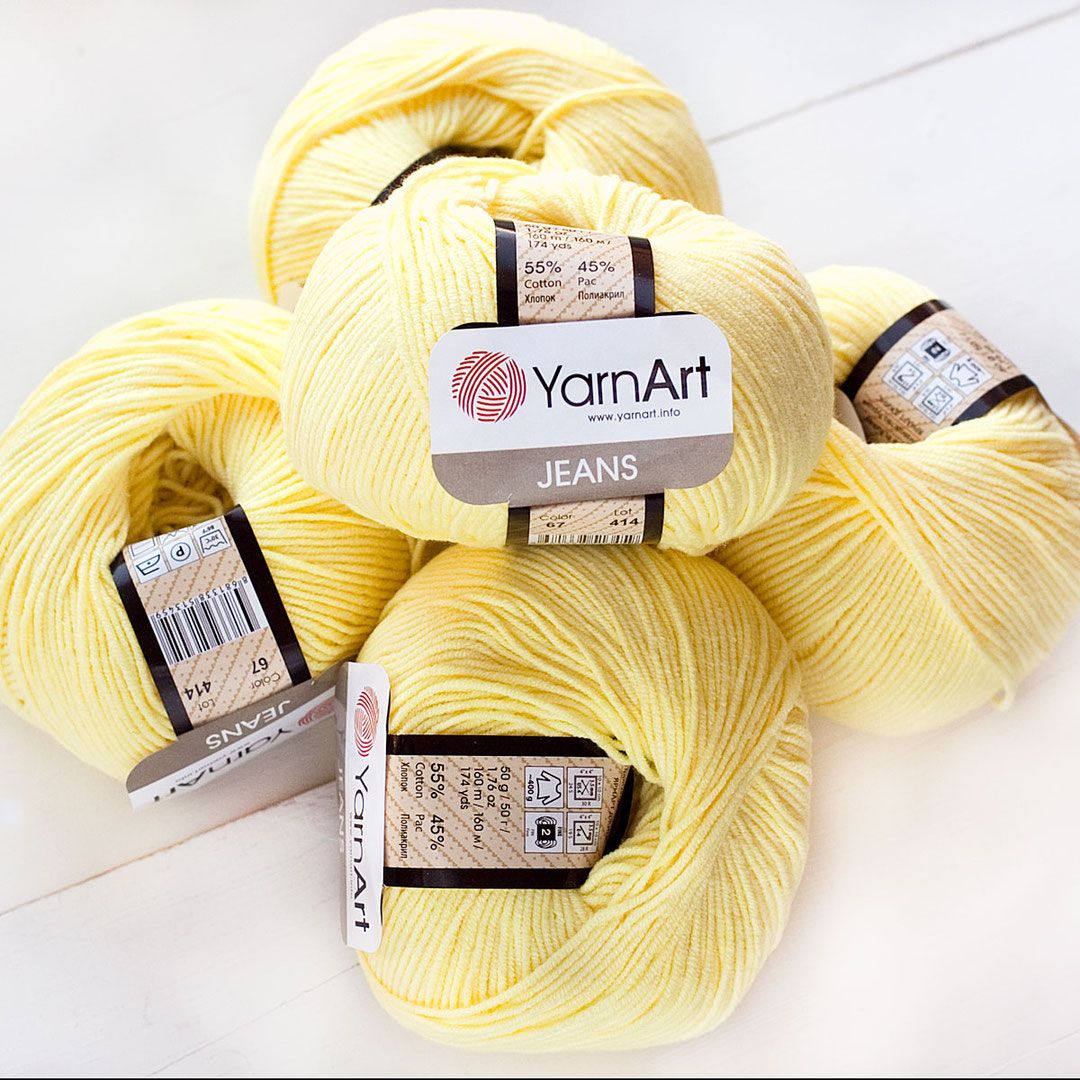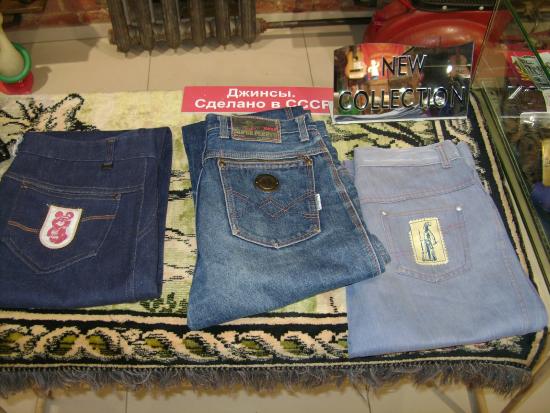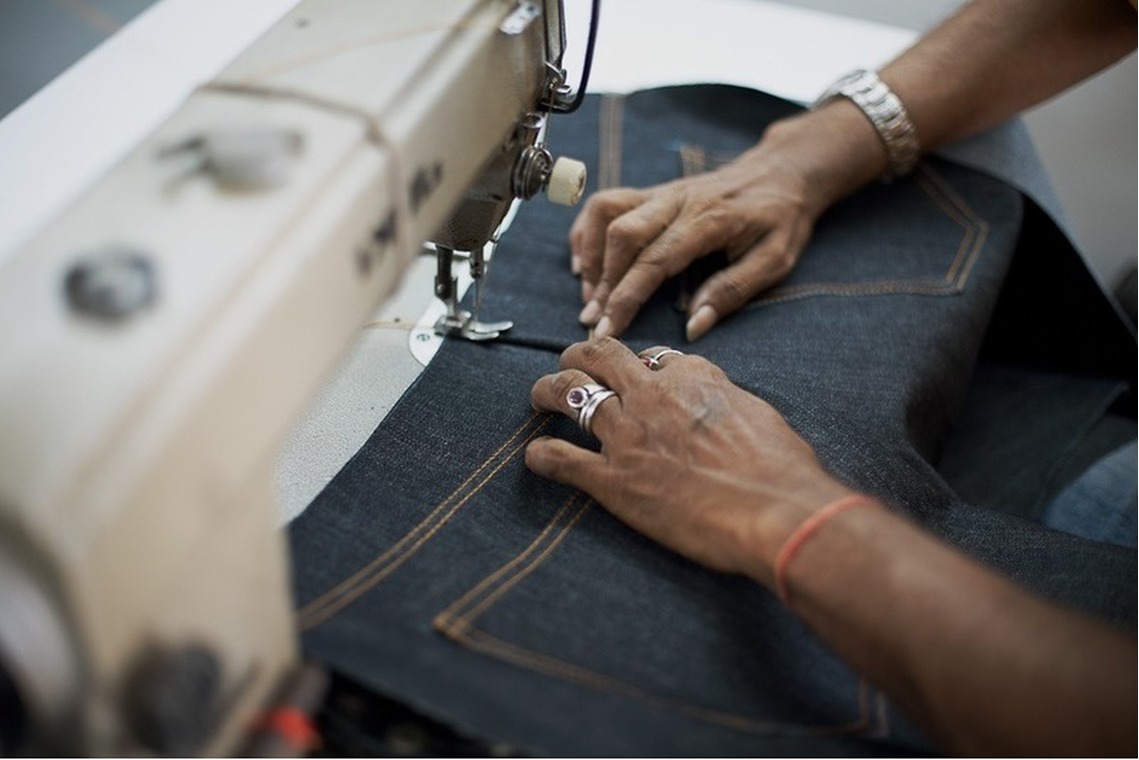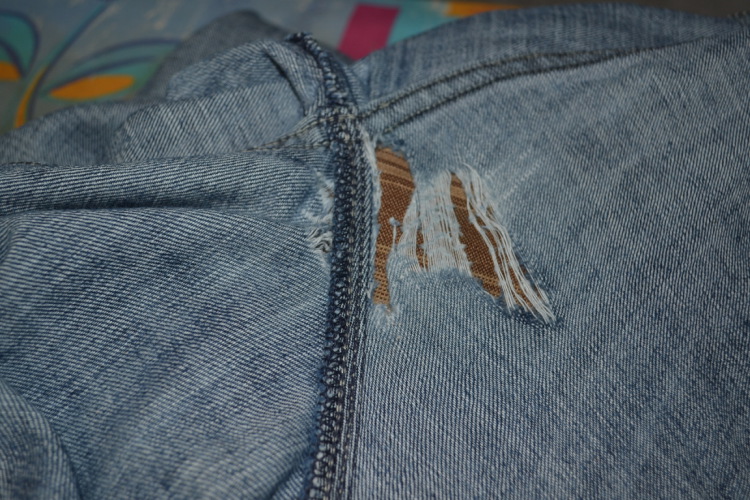In the summer, all children and adults want to get out into nature. However, small troubles can lie in wait here: one clumsy movement, and jeans are stained with grass. Before washing grass from jeans, it is recommended to familiarize yourself with the main methods for removing green stains from cotton.
Why is grass so hard to wash off?
Due to the special composition of green grass, the juice released can penetrate deep into the fibers of any fabric. Jeans are made of dense material that is difficult to clean using standard methods.
The color pigments contained in the juice are difficult to clean with washing powder. The main advice here is to immediately pay attention to the problem. Natural dye adheres well to natural fibers, which are used to make modern denim pants. Therefore, you can remove grass stains from jeans using folk remedies or household chemicals.
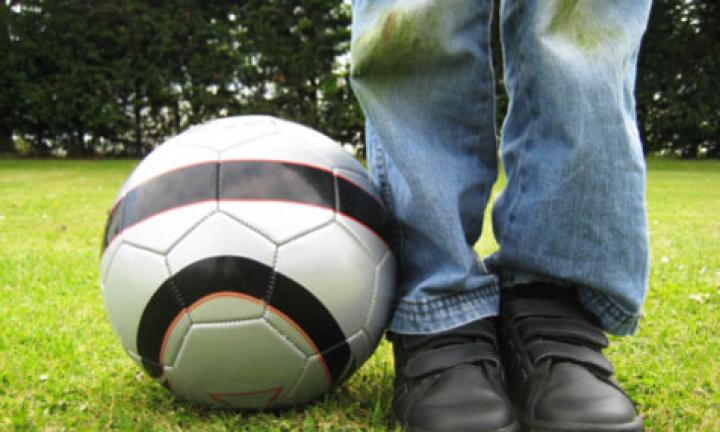
Rules for pre-treatment of fabric
Before you clean your jeans from a green stain at home, you need to properly prepare the material for washing and soaking. To do this, you need to perform the following procedures:
- pay attention to the product label: there the manufacturer often indicates all the recommendations for choosing the washing temperature and methods of drying and ironing;
- on jeans, all pockets, zippers and buttons must be fastened;
- check all pockets for various objects and remove them if necessary;
- Removing grass stains at home is done by hand washing, but if you decide to wash the item in the machine, it is recommended to choose a delicate mode.
To preserve the color of the product after removing the stain, it is recommended to rinse the pants with warm water with the addition of a color stabilizer or vinegar essence.
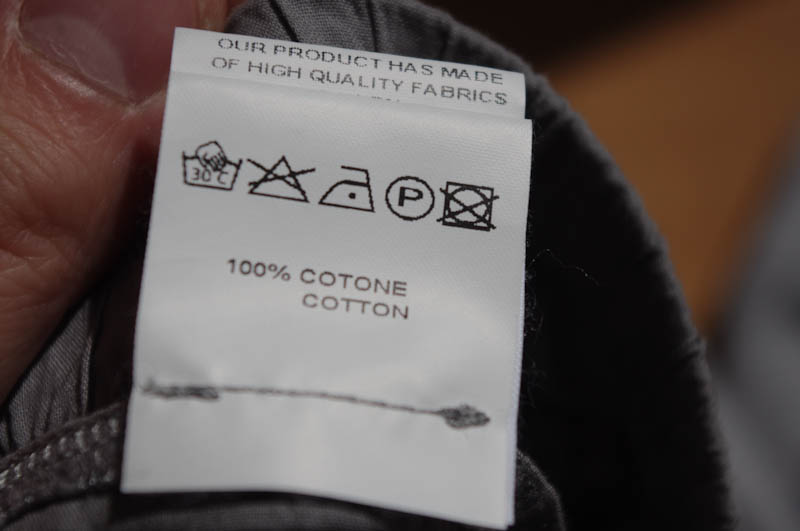
Grass stain removal
As mentioned above, the most effective ways to wash grass off jeans are folk recipes. The most common are the use of hydrogen peroxide, baking soda, wine vinegar, ammonia, lemon, laundry soap and toothpaste. Each method should be considered separately.
Hydrogen peroxide
Store-bought products sometimes fail to cope with the green juice of grass, so hydrogen peroxide comes to the rescue:
- it is necessary to place a thick cloth or towel under the contaminated area - this is necessary so that the peroxide does not leak through the material onto the surface;
- a couple of drops of peroxide are dripped onto the contaminated area, a cotton swab is taken and the mixture is lightly rubbed into the fibers of the material;
- jeans are left for 1 hour;
- then wash by hand or machine on a delicate cycle.
Hydrogen peroxide can make the color of the fabric lighter. To avoid ruining your jeans, use this method to remove stains from light cotton.
With baking soda
At the moment, there are 2 ways to remove grass stains from jeans using baking soda. The first method involves soaking the pants: pour soda powder into a basin of hot water, put the jeans in. The soda will have a softening effect, which will allow you to later wash the pants in a washing machine with powder without any problems.
The second method involves making a paste of baking soda and water. The resulting mass is applied to the stain and left for 1 hour. After a while, the pants can be washed in an automatic washing machine.
Wine vinegar
If the above methods fail to remove the stains, wine vinegar will help remove grass stains from jeans. The technique is quite simple:
- the prepared composition in its pure form is poured into a convenient container;
- using a cotton pad soaked in the composition, apply it to the resulting stain from the herbal juice;
- jeans are left alone for 1 hour;
- After the time has elapsed, the trousers are washed by hand or in a machine using household chemicals.
It is not recommended to use this method on white or blue pants. You can also rub the stain with a brush so that the vinegar is absorbed deeper into the material, then rinse with warm water.
With ammonia
You can wash off green grass stains with ammonia. This product is in every home medicine cabinet, so there will be no problem finding alcohol. First, you need to make a solution of water and alcohol. To do this, use 1 tablespoon of ammonia and 1 liter of warm water. Next, you need to take a rag, cotton swab or disk, soak the contaminated area with ammonia and leave for 15 minutes.
After 15 minutes, the pants soaked in the product must be washed using any convenient method - by hand or using an automatic washing machine. Don't forget about the characteristic smell of ammonia: when cleaning, open all the windows or carry out the procedure on the balcony or in the yard.
Lemon
Citrus fruit is considered a universal remedy for removing grass, pollen, and flower stains from clothing. Jeans are no exception, so you need to buy 1 large lemon with a thin peel so that there are no problems when squeezing the juice:
- lemon is cut into 2 halves;
- depending on the area of contamination, squeeze 1 or 2 halves directly onto the stains;
- the contaminated area must be rubbed with hands or cotton wool;
- if the stain does not disappear, the procedure must be repeated until no trace of the grass remains;
- Once the hand processing is finished, the jeans are washed.
When washing, it is recommended to use an oxygen-containing product - it will help to remove the stain completely.
With alcohol
Only a professional product will help to overcome an old grass stain, but regular alcohol will cope with fresh green stains. As soon as you notice dirt on your jeans, you can take any alcohol-containing product and treat the area with it.
If you don't have pure ethyl alcohol at hand, it is recommended to use cologne, an alcohol-containing wipe or plain vodka. You need to apply a little of the product to the surface of the fabric, wait 30 minutes, and then wash. Even if you can't wash your jeans at the moment, treating them with alcohol will make this task much easier at home.
With laundry soap
Laundry soap will help remove any stains from clothes. It is not for nothing that grandmothers in Soviet times used this household product to remove stains of various kinds. They cleaned dishes, washed clothes, bed linen, and also removed the most stubborn stains with soap.
To remove a stain from white jeans, you can use laundry soap with a bleaching effect.
It will be effective to use soap in combination with ammonia. Grate laundry soap into a basin of water, add a few spoons of ammonia: its amount depends on the amount of water. Put the jeans in the prepared solution for 30-60 minutes, periodically watching the process. After the time has elapsed, wash the pants in the usual way.
With toothpaste
To wash grass off denim using toothpaste, prepare the following ingredients:
- soft toothbrush;
- toothpaste - it should not contain dyes, additives or be strongly flavored; only white toothpaste is used for the procedure.
Apply the dental compound to the stain and gently rub it into the fabric fibers with a brush. Do this for 5 minutes. Leave the jeans until they dry completely, then wash them off with warm water. If the stain is not removed, repeat the procedure after the material dries. When the stain has disappeared, the jeans can be washed.
Modern chemical agents
If the above folk remedies are ineffective, it is time to move on to more aggressive formulations. Before using chemicals, it is recommended to carefully study the fabric of the jeans, as well as the composition and purpose of the selected product.
When choosing professional products, it is better to give preference to cleaners in specialized official stores. The proposed products will help remove stains from jeans: how to wash out grass with each of the products is described in the table.
| Means | Application |
| Vanish | The gel is applied to the stain for 40 minutes, after which I wash it in the machine with the addition of the same product. |
| Amway | The spray is sprayed on the stain until it disappears, then washed in the machine. A color fixing spray is also used. |
| Ariel | The gel in capsules is placed in the drums of the machine and the jeans are washed in the usual way. |
All the listed methods help to remove stains without leaving the slightest trace. To begin with, it is recommended to use folk recipes: if they do not cope, it is worth moving on to household chemicals.
Video

